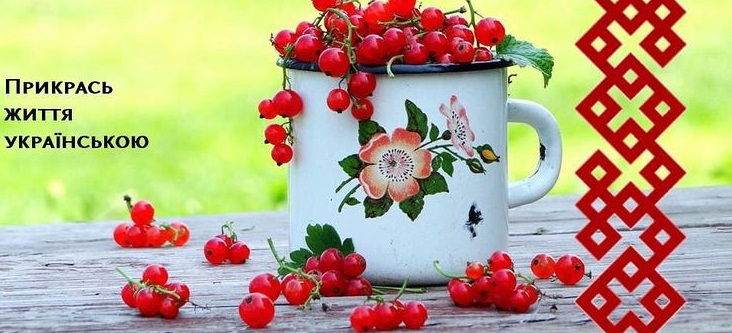Idioms and folk sayings carry a rich cultural heritage and often have a deep meaning that cannot always be conveyed literally. The Russian saying “No matter how many wolves we feed, he looks into the forest” is an example of such a phrase that reveals the idea of the immutability of inner aspirations. But how to correctly convey the meaning of this expression in Ukrainian, while preserving its metaphorical meaning and emotional coloring? WomanEL will try to find equivalents in the native language in order to convey the depth of wisdom through Ukrainian phraseological equivalents and adaptation.
ContentLiteral translationEquivalent Ukrainian phraseological unitsCultural adaptation of the expressionWhich option to choose?
Literal translation
The simplest approach is to literally translate the phrase: “No matter how much you feed a wolf, he still looks into the forest.” This version preserves the structure of the original and is understandable to the Ukrainian listener. The wolf, as a symbol of wild nature and freedom, organically fits into Ukrainian folklore.
However, the literal translation does not always reflect the depth of folk wisdom or unique language features. In such cases, it is appropriate to use phraseological equivalents or an adaptation that is closer to the Ukrainian mentality.
 How to convey the meaning of the Russian expression “No matter how much you feed the wolf, he will always look into the forest” in Ukrainian. Source: pinterest.com
How to convey the meaning of the Russian expression “No matter how much you feed the wolf, he will always look into the forest” in Ukrainian. Source: pinterest.com
Equivalent Ukrainian Phraseologisms
The Ukrainian language is rich to phraseological units that accurately convey the idea of immutability of nature or behavior. Here are some examples:
- “What is, is what will be”, You cannot make someone else your own – such expressions succinctly emphasize that the essence of a person or phenomenon remains unchanged, despite all external influences.
- “The grave will correct the hunchback” – this expression conveys the same meaning – it is practically impossible to change habits or character. It has a slightly harsher tone, but is quite appropriate in colloquial speech.
- “No matter how much you feed the wolf, he will not forget his own” – this is an adapted version of the Russian expression, which sounds more natural in the Ukrainian context.
Cultural adaptation of the expression
Another approach to translation is the use of adaptation, which replaces the image of a wolf with other symbols close to Ukrainian culture:
- “No matter how much you feed a dog, it will still look back at the forest” – the dog here acts as a domestic animal that still strives for freedom, which adds a folk sound to the expression.
- “A wild bird in a cage will not sing” – This adaptation emphasizes the longing for the natural environment and can be used in a literary or artistic text.
Which option to choose?
It all depends on the context. If you want to preserve the original image of the wolf, it is advisable to use the option “No matter how much you feed the wolf, he will look into the forest.” For a more literary or emotional text, “The hunchback's grave will be repaired” or “You can't make someone else your own” would be suitable.
The Ukrainian language allows you to flexibly adapt such expressions without losing their meaning and beauty. The main thing is to find the option that will be understandable and harmonious in a specific text or conversation.
Also find out how Ukrainians adapt the Russian expression “If you love to ride – love and drive a sled” to their own realities.

